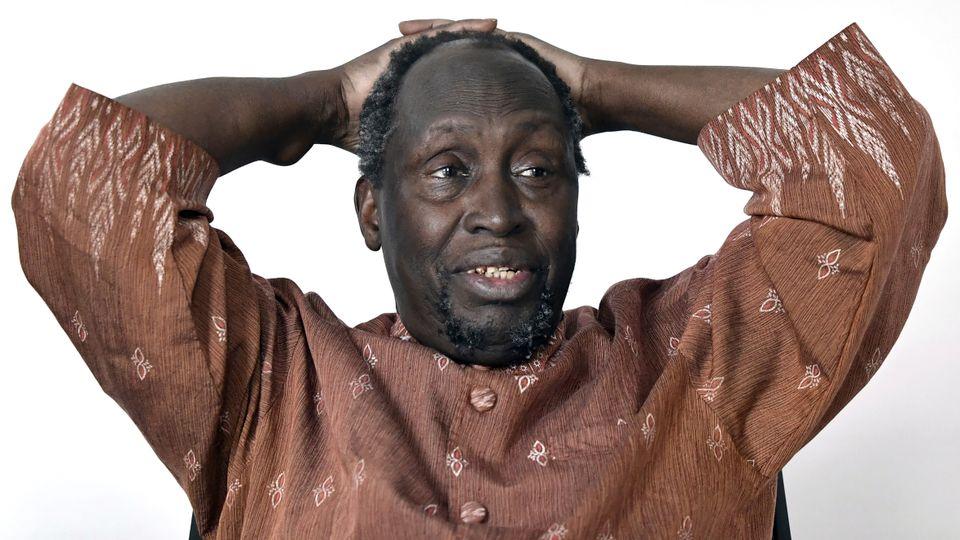Remembering Ngũgĩ wa Thiong’o: A Titan of African Literature and Cultural Advocacy
The literary community and Kenyan society have suffered a significant loss with the passing of Ngũgĩ wa Thiong’o at 87. Celebrated not only for his literary genius but also for his unwavering activism, Ngũgĩ’s work transcended mere storytelling to become a powerful vehicle for social justice and cultural affirmation. His narratives, deeply rooted in themes such as colonial legacy, language politics, and liberation struggles, have left an enduring imprint on writers worldwide. As tributes pour in from across continents, many honor the profound contributions he made toward reshaping literature and championing truth through his pen.
Ngũgĩ wa Thiong’o’s Enduring Influence on African Literary Identity
Ngũgĩ’s role as a trailblazer in African literature is marked by his fearless exploration of post-colonial realities and cultural self-determination. Rejecting colonial linguistic dominance, he boldly embraced Gikuyu—the language of his heritage—as the medium for much of his writing. This choice was more than artistic; it was a radical act aimed at reclaiming indigenous identity within literature. Through novels, plays, essays, and critical works spanning decades, Ngũgĩ challenged entrenched Eurocentric narratives while inspiring generations to articulate their own histories from authentic perspectives.
His oeuvre consistently grapples with several pivotal themes:
- Post-Colonial Struggles: Illuminating the resilience amid oppression faced by newly independent societies.
- Cultural Revival: Advocating fiercely for indigenous languages as vessels of identity preservation.
- Sociopolitical Critique: Employing storytelling as a platform to confront injustice and corruption.
The global literary community continues to revisit Ngũgĩ’s work not only to appreciate its artistic merit but also to engage with its ongoing relevance in contemporary debates about decolonization and equity.
A Transformative Force in Kenyan Literature and Beyond
The impact of Ngũgĩ wa Thiong’o on Kenya’s literary landscape—and indeed all African letters—is monumental. His writings serve both as historical testimony and incisive commentary on societal issues ranging from colonial exploitation to modern-day governance challenges. By prioritizing Gikuyu over English or other colonial languages in many works—a move that sparked controversy yet underscored authenticity—he empowered marginalized voices often excluded from mainstream discourse.
This commitment has nurtured pride among Kenyan readers while encouraging emerging authors across Africa to embrace their native tongues without compromise. His fusion of traditional oral storytelling techniques with modern narrative forms has revitalized how stories are told—making them accessible yet profound for diverse audiences today.
| Select Works | Main Themes Explored |
|---|---|
| The River Between | Tensions between tradition & change during colonization |
| A Grain of Wheat | Kenyans’ fight against British rule & betrayal within communities |
| The Trial of Dedan Kimathi (play) | Mau Mau rebellion & anti-colonial resistance heroes |
| Dawn (play) | Moral dilemmas during revolutionary struggle against oppression |
This blend has helped cement Ngũgĩ’s reputation not just as an author but also as an innovator who bridged generational gaps through culturally resonant storytelling methods that continue influencing contemporary African arts today.
Cherishing the Legacy: Tributes Reflect Global Reverence for Ngũgĩ wa Thiong’o’s Work
The passing away of this iconic figure has prompted heartfelt reflections worldwide—from academic circles analyzing post-colonial theory to grassroots activists inspired by his calls for justice through culture. Works like Dawn and Decolonising the Mind have become foundational texts that challenge readers globally to rethink power structures embedded within language itself.
Ngũgĩ’s eloquence gave voice not only to Kenya’s marginalized populations but also fueled broader movements advocating human rights across Africa.
Prominent authors credit him with shaping their own creative paths; activists cite him when mobilizing communities around issues like land rights or linguistic preservation.
In response,
numerous commemorations celebrate both his life achievements:
- A collective public reading event where local writers share excerpts reflecting personal connections;
- An international symposium featuring young scholars discussing how Wa Thiong’o’s philosophies inform current socio-political activism;
- An art exhibition interpreting key motifs from his writings—highlighting intersections between visual arts & political expression;
- A digital archive project launched recently aims at preserving rare manuscripts alongside interviews documenting oral histories related directly or indirectly influenced by him (2024 initiative).

